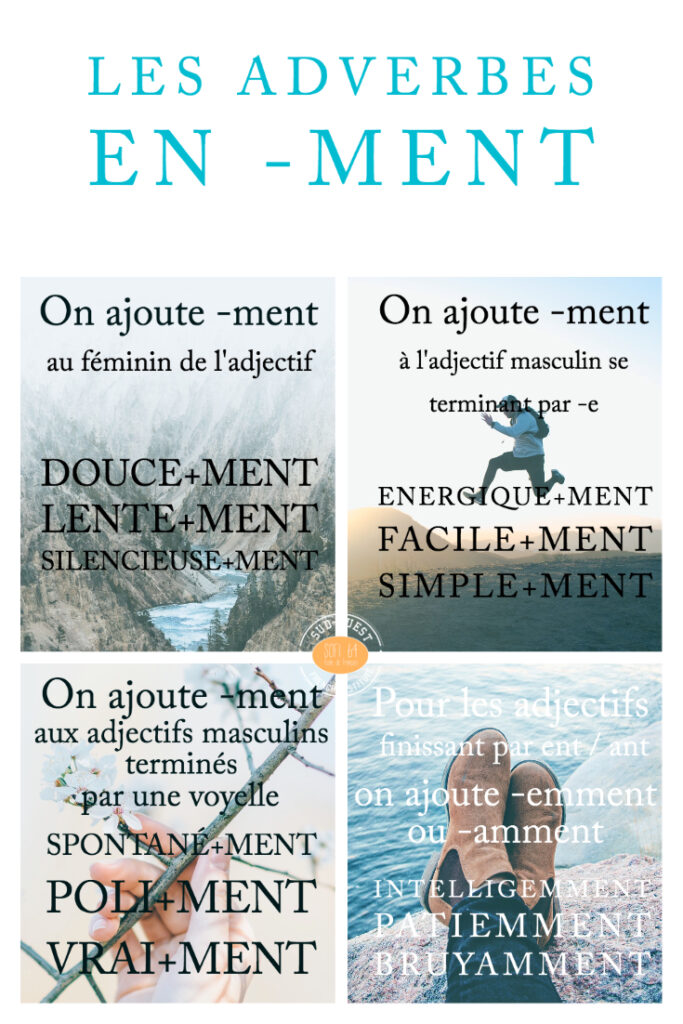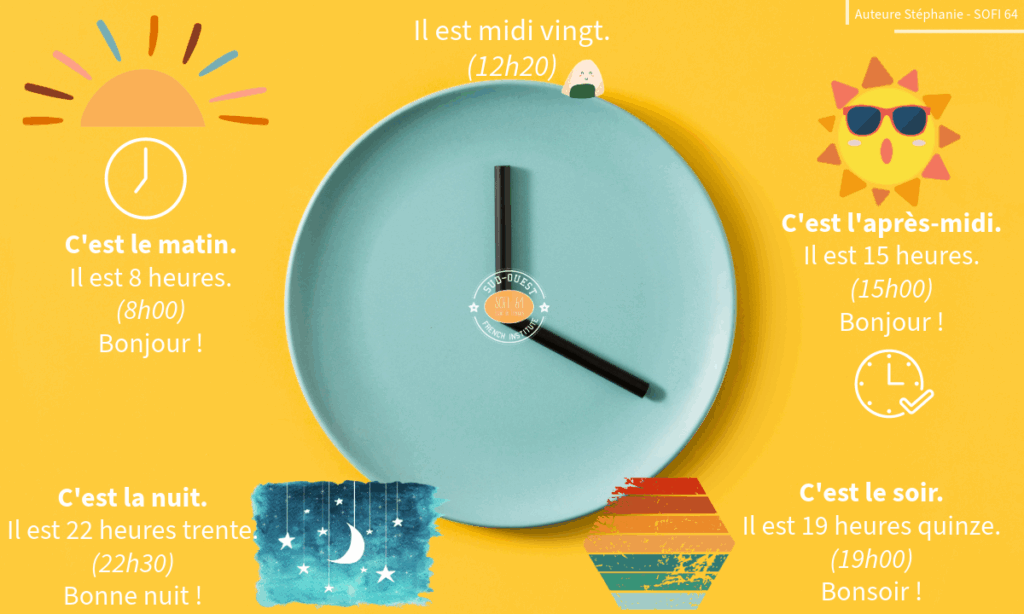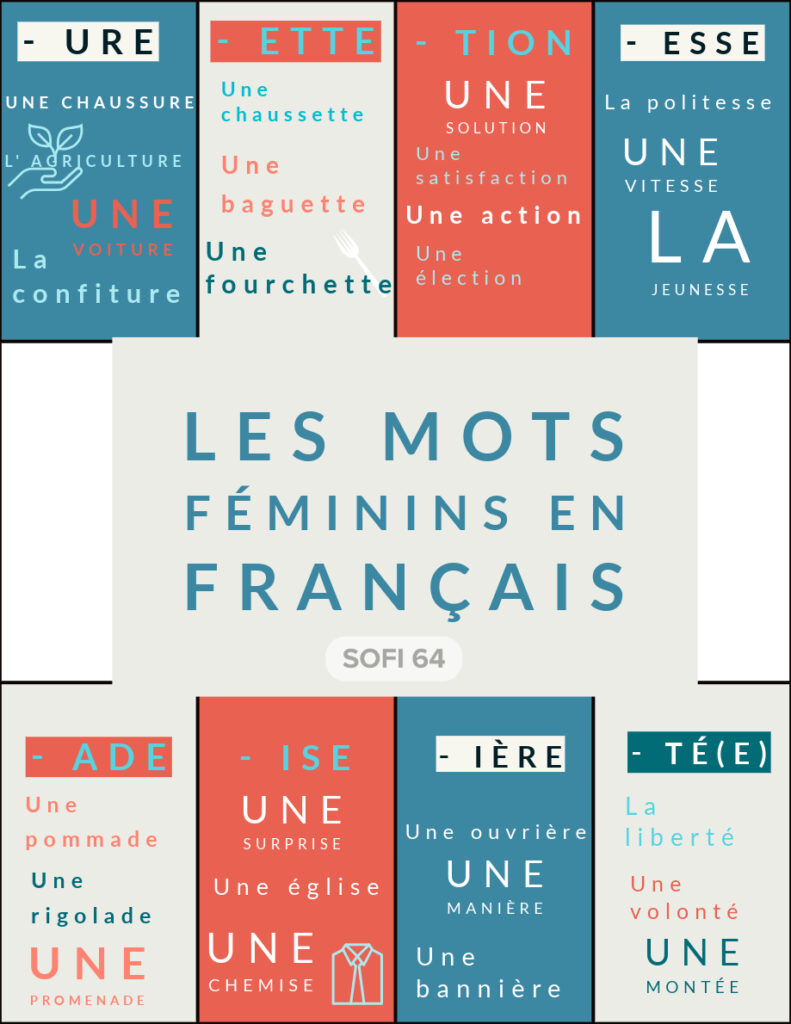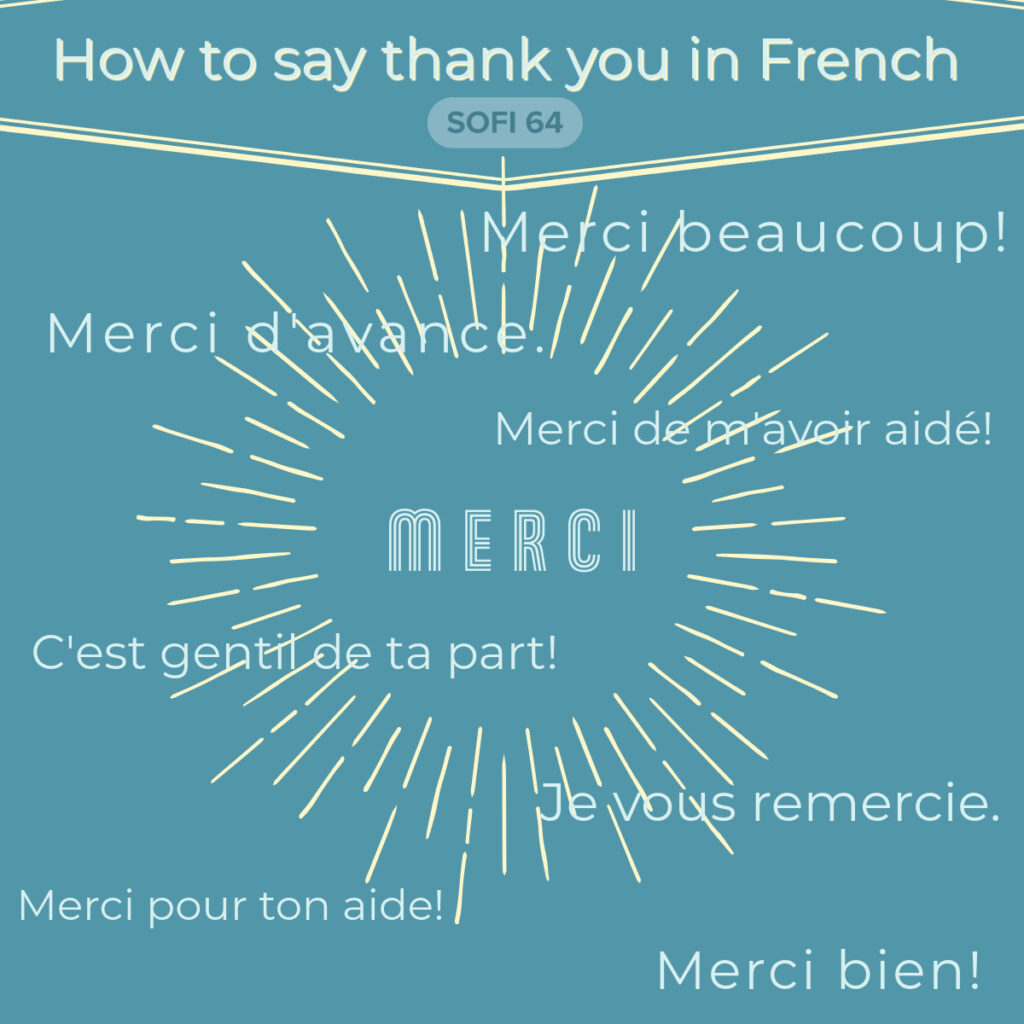DELF B2 Preparation Special Winter 2026

This special edition of our DELF B2 Preparation Course combines intensive training with cultural discovery: two activities per week to practise your French in real situations, meet others, and experience the Basque Country at a peaceful pace. At a glance Dates: February 16 – March 13, 2026 Location: SOFI 64, Anglet Goal: prepare effectively […]
Lire la suite
French Book Club – Fall Sessions 2025

Level A2+/B1 – Monday evening Time: 6:00 – 7:00 pm (Paris time) Dates: Monday, October 13, and the following 5 Mondays Duration: 6 sessions, 1 hour each Price: €155 Program: Reading of 20 to 30 pages per week 1h of group conversation on the week’s reading Complementary resources: vocabulary, historical context, cultural references To […]
Lire la suite
Toward an Eco-Friendly School

We are delighted to announce that we have recently been awarded the prestigious Green Standard Schools label. This recognition underlines our commitment to environmental sustainability and to creating a healthy, planet-friendly learning environment for our students. The Green Standard Schools label is awarded to schools that adopt sustainable and environmentally friendly practices. […]
Lire la suite
Books in French for all levels

If you want to improve your French, you can always join us and study with user join our French Book Club ! During or after your stay at our school, you can get to work on a book that you like and that matches your level. La maison Hachette and their LFF collection They […]
Lire la suite
Adverbs in French language

Adverbs are used to give a precision on the action that is performed. They usually answer the question “how?” and are placed behind the verb. Example: Il parle lentement. Elle travaille efficacement. Nous étudions régulièrement. Adverbs are invariable, i.e. their spelling does not change. How to form an adverb? Take the adjective in the masculine […]
Lire la suite
Ask and tell the time in French

To ask what time it is in French, there are different options: Vous avez l’heure ? (to ask if you don’t know if the person you are talking to can give you the time) Quelle heure est-il ? (formal) Il est quelle heure ? (casual) There are two different ways to tell the time: The […]
Lire la suite
Masculine Nouns in French

It is not always clear which word should be used with “le” or “la“, however, it is still possible to know the gender of nouns in some cases. For example, nouns ending with “-ment” will always be masculine: le bâtiment | le médicament | un éclaircissement | un aboiement. Others ending in “-age”, for example, […]
Lire la suite
Feminine Nouns in French

For many, nouns and gender in French are a real headache…. Why is the word “amour” masculine and the word “guerre” feminine? Who knows? Today, we made this poster that will allow you to memorize the endings of nouns that are always feminine. For instance, words ending with “-ure”, “-tion”, “-ette”(…) are always feminine. Be […]
Lire la suite
Dire “Merci” en Français

“M e r c i ” a short, simple word, quite easy to pronounce. Being able to show gratitude is essential for us and for those around us. Thanking your neighbour, family, friends, employee or employer (…) goes a long way! ** Merci ** “Merci” is the classic way to say “thank you” in French. […]
Lire la suite
Les thèmes du DELF B1

Last week, we explained what topics and skills were needed to prepare both exams DELF A1 and DELF A2. If you would like to prepare this exam with us, our “DELF Preparation” program will allow you to do so without worry! Today, we share a poster that will help you visualize the topics that […]
Lire la suite
















